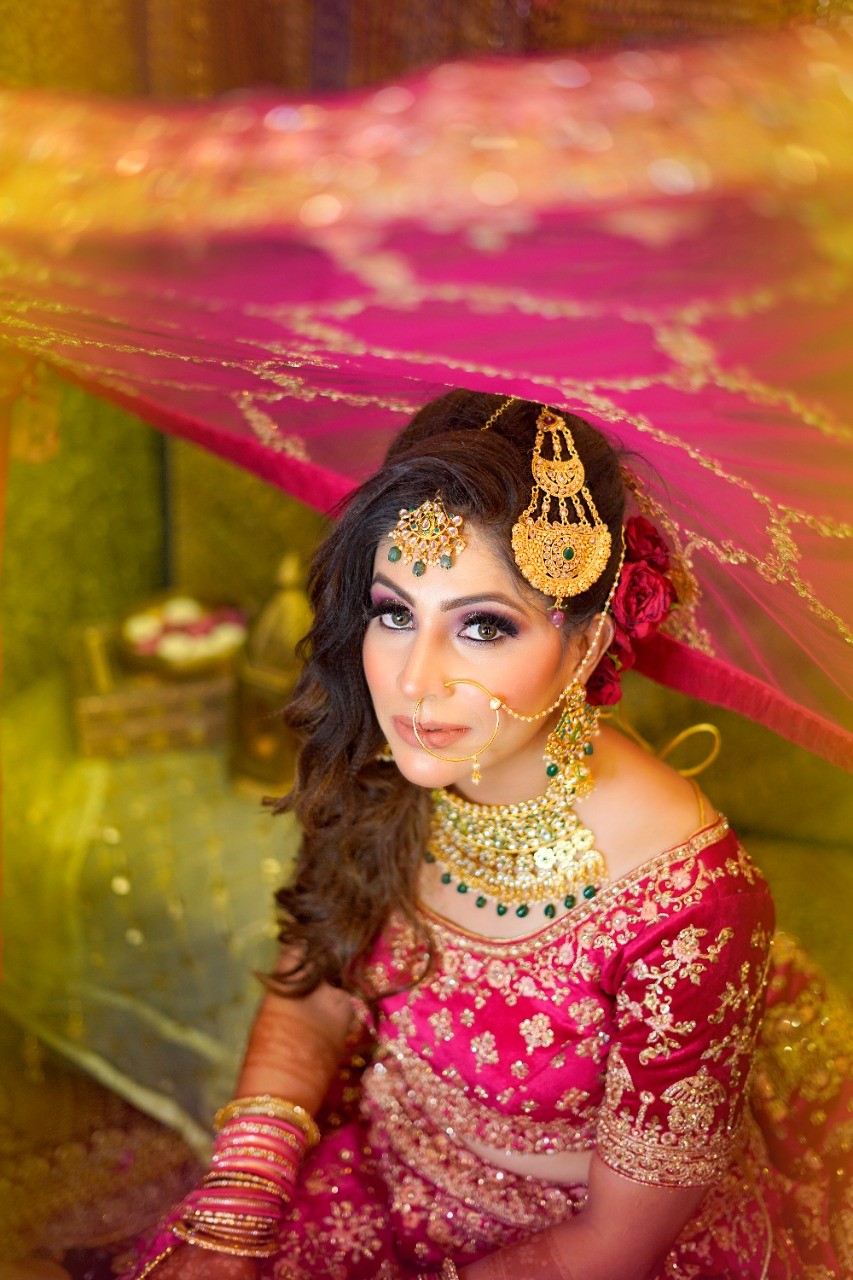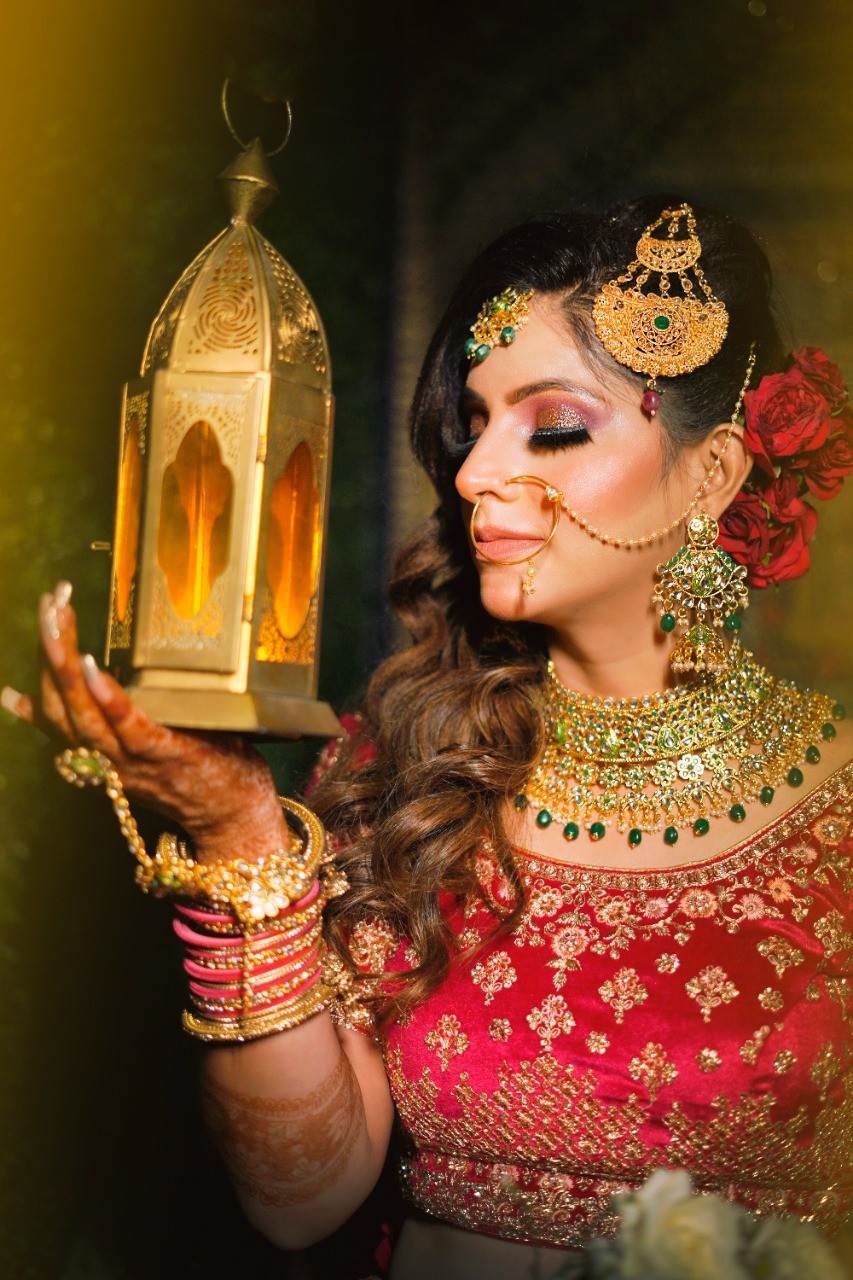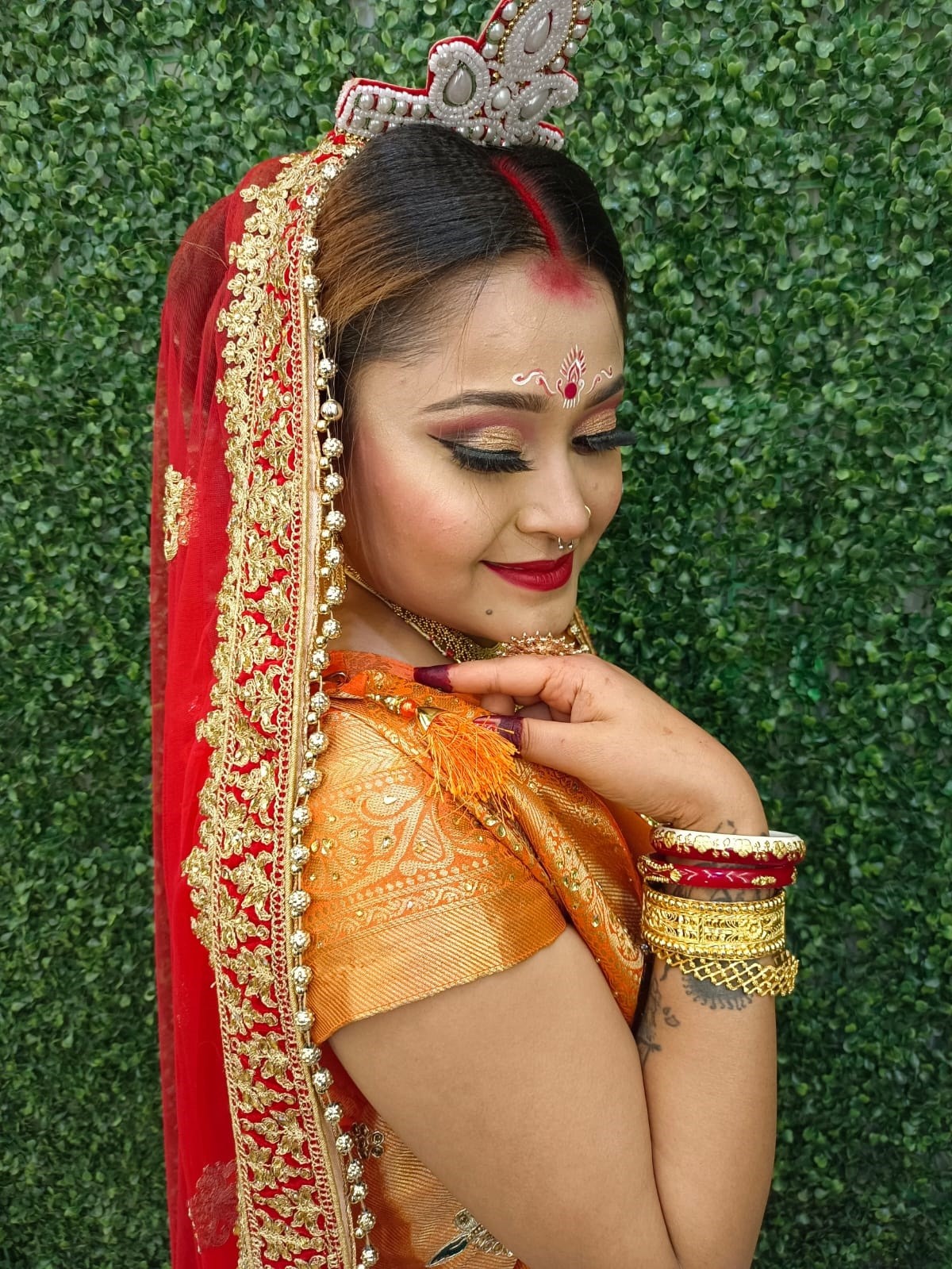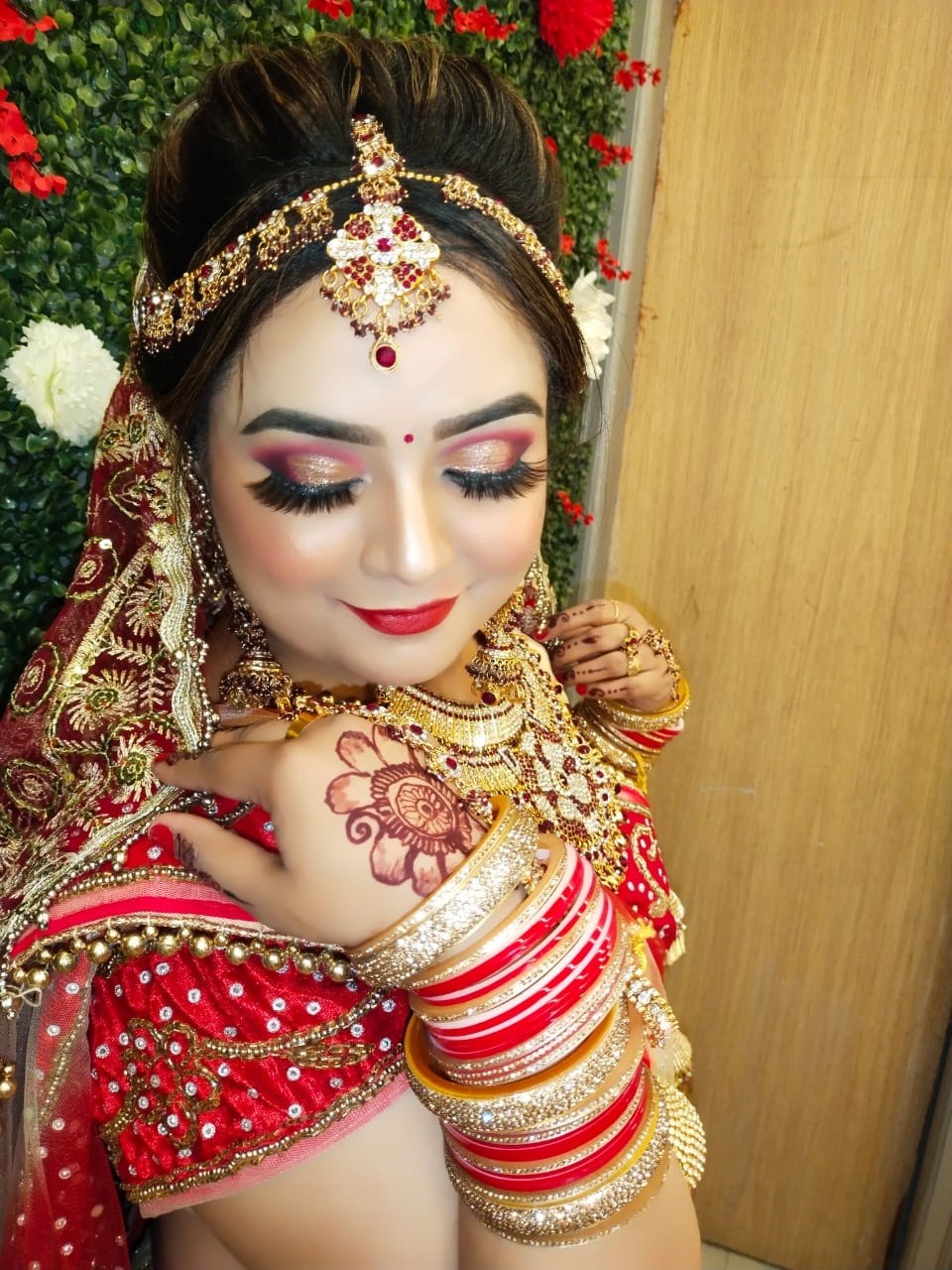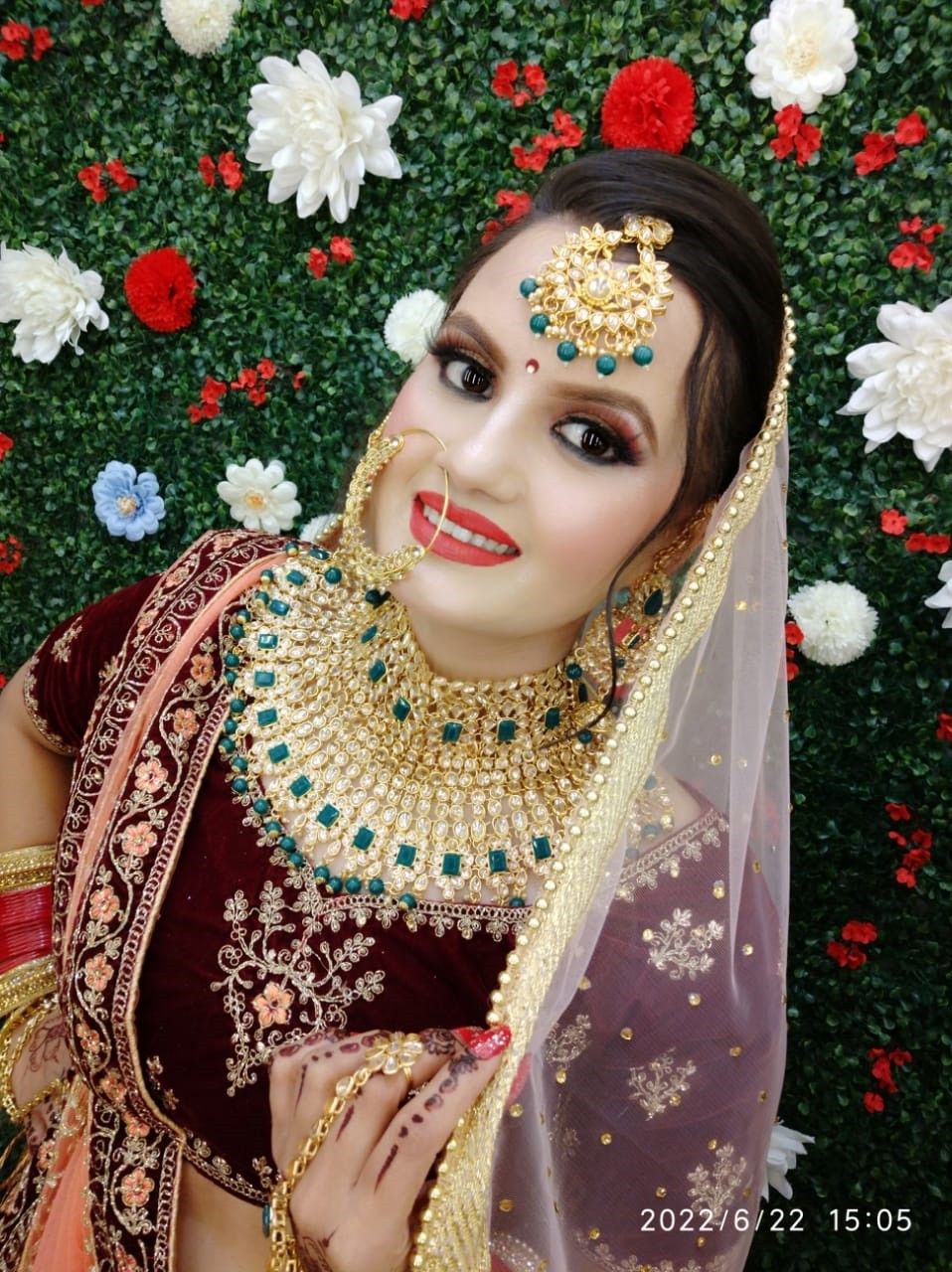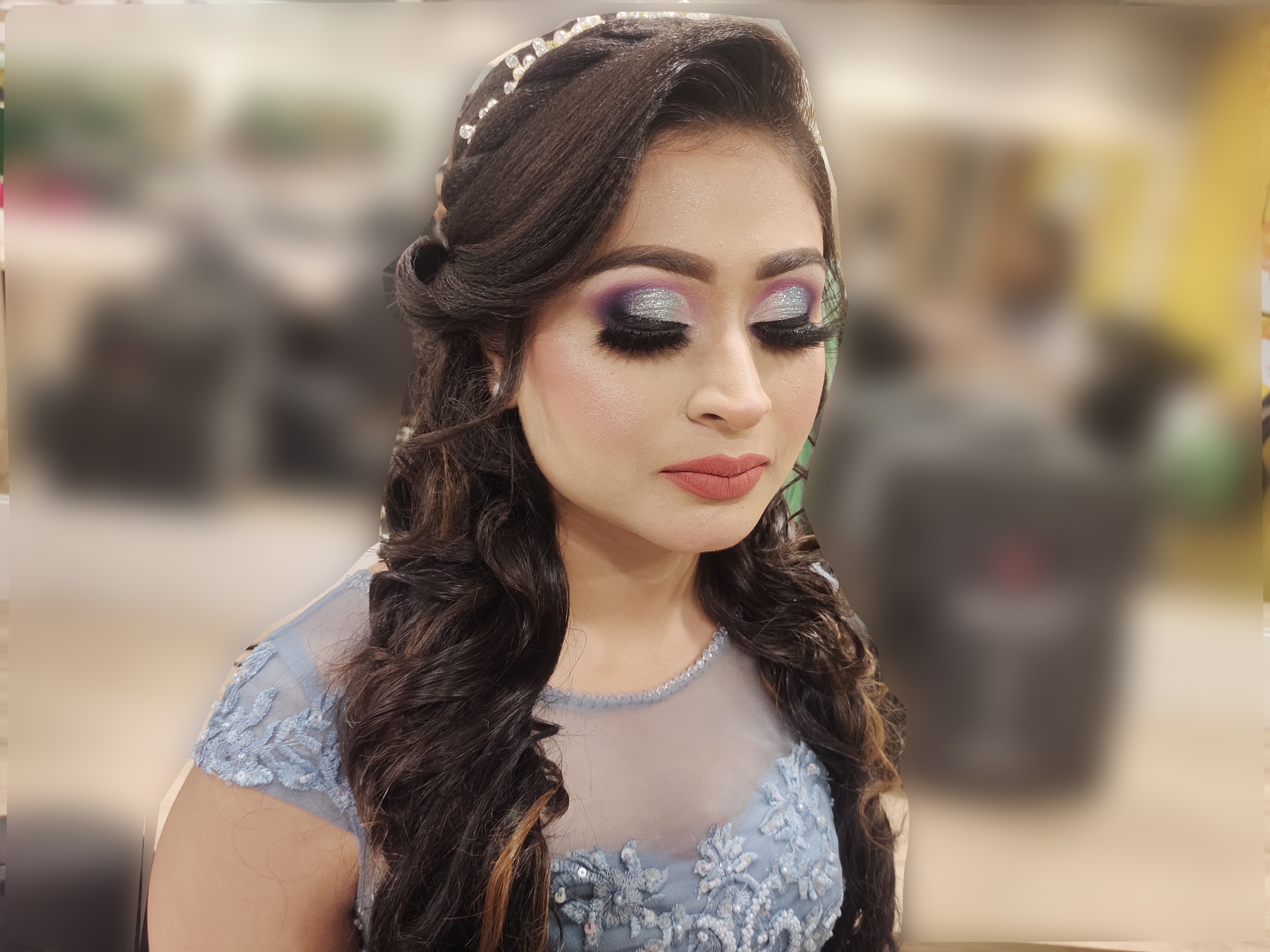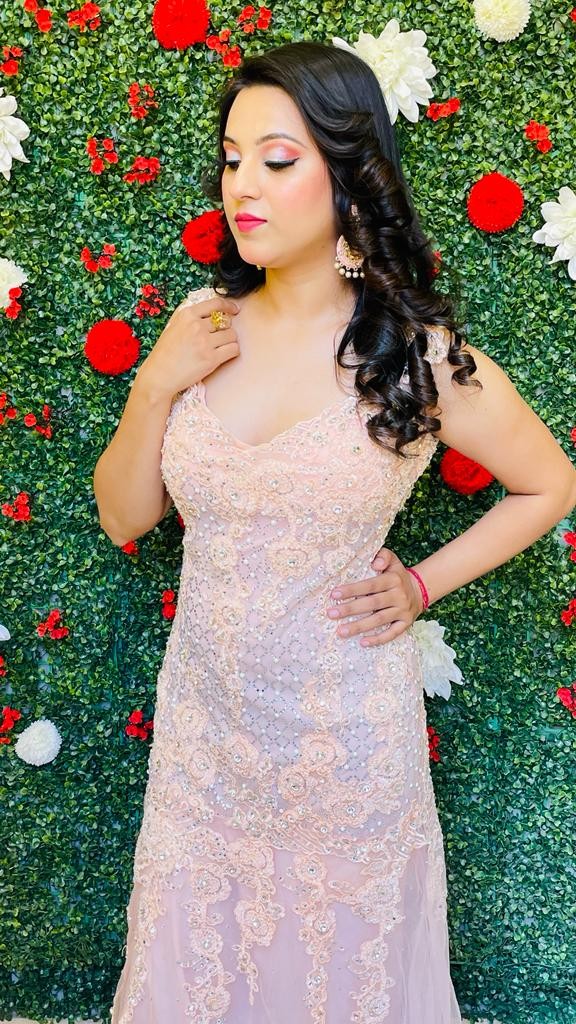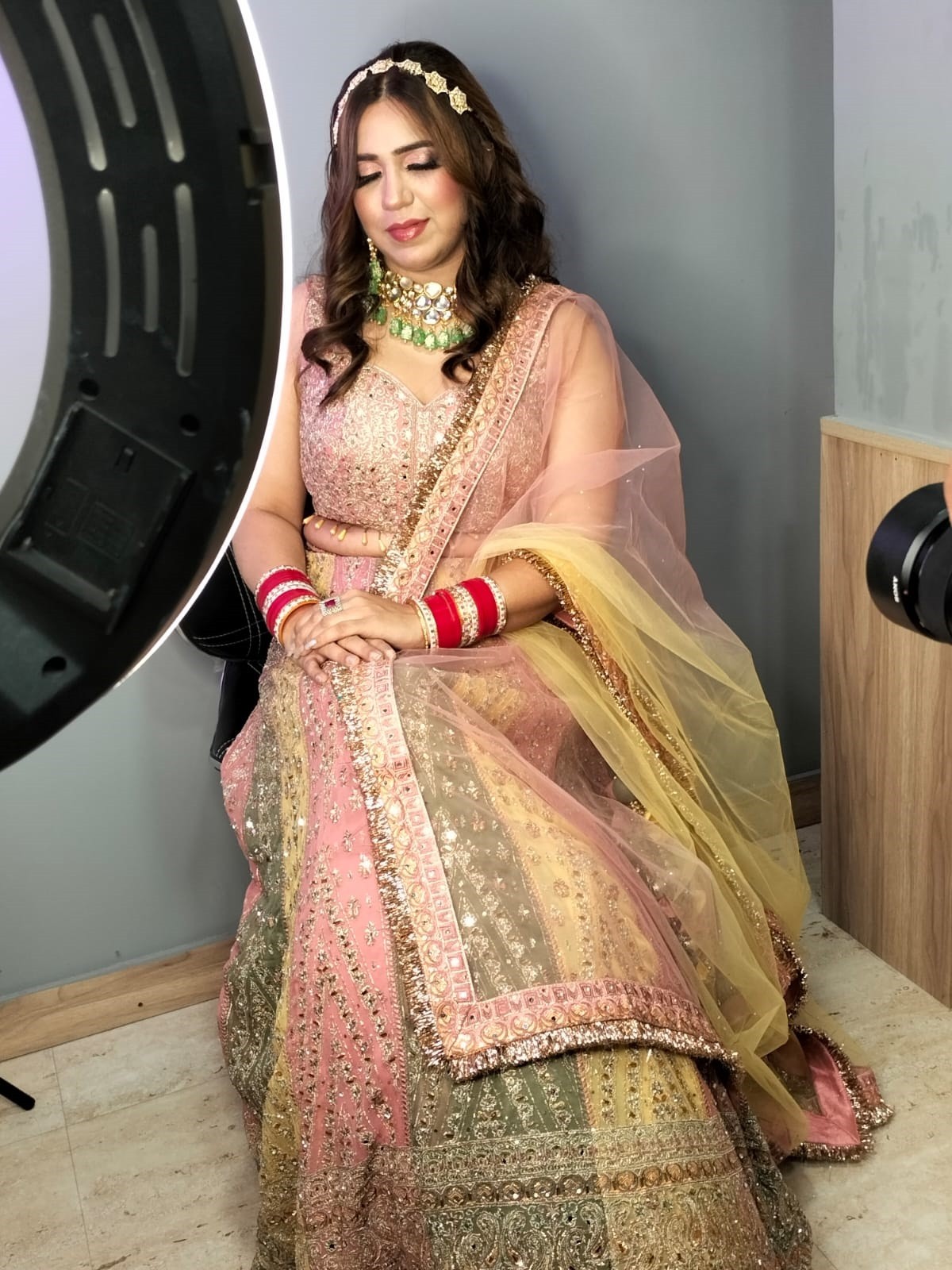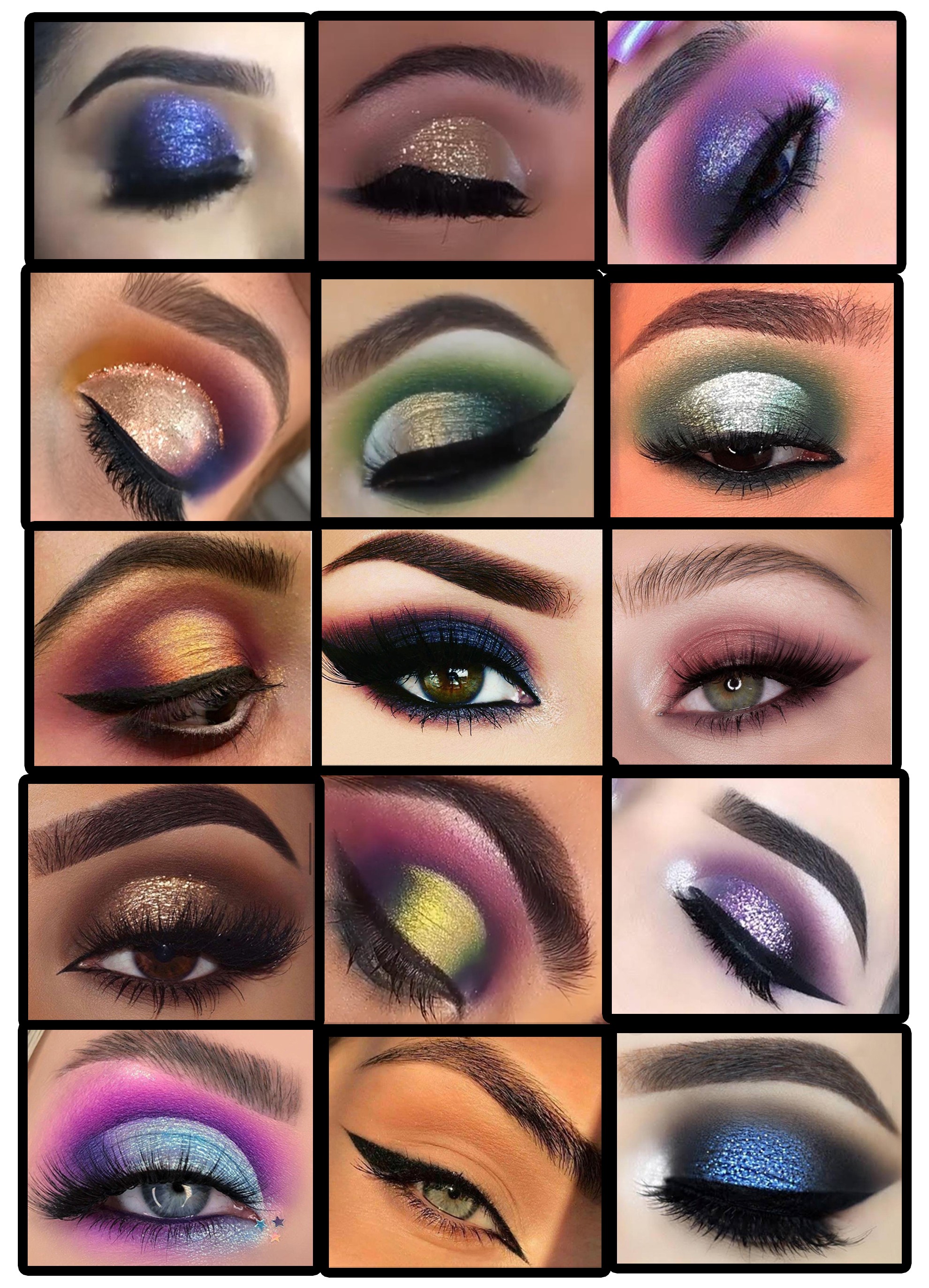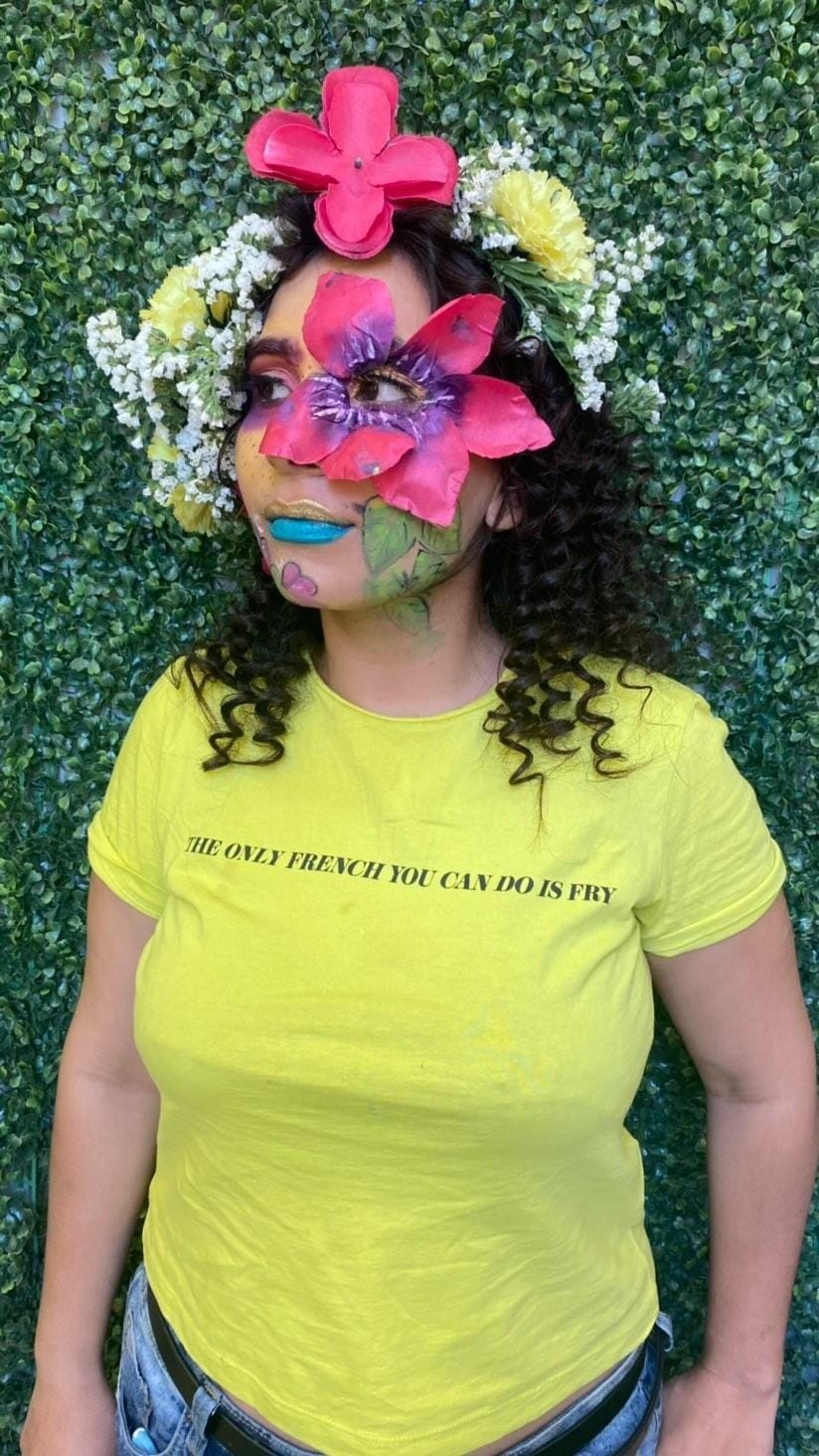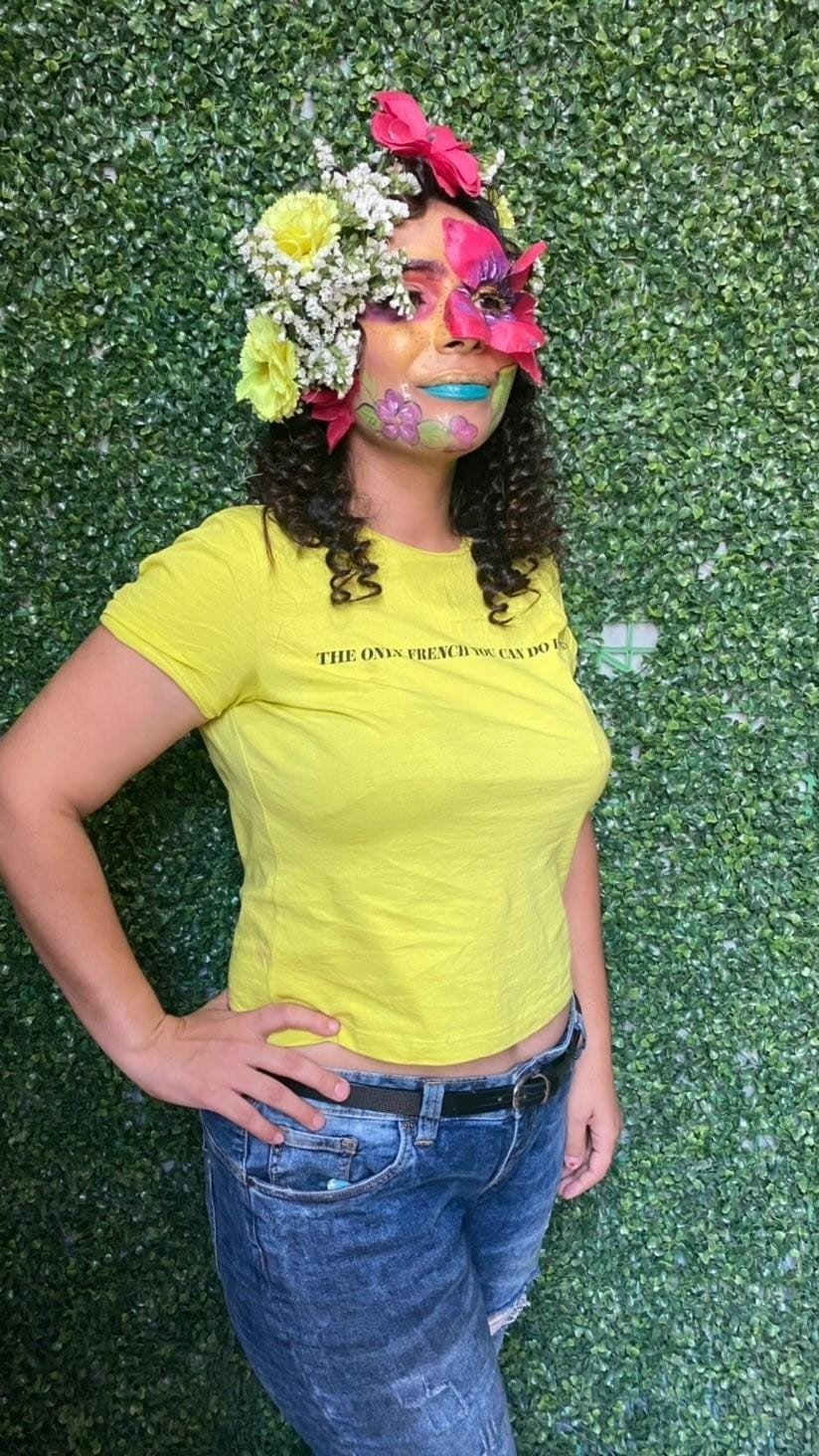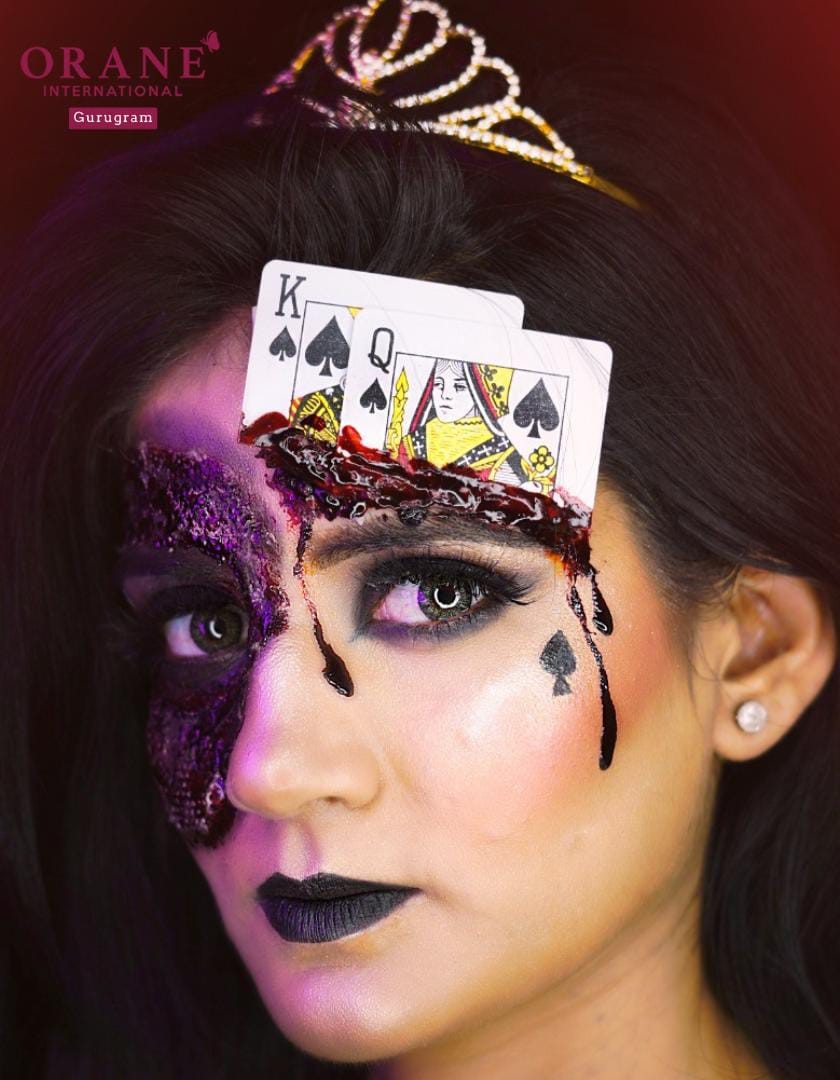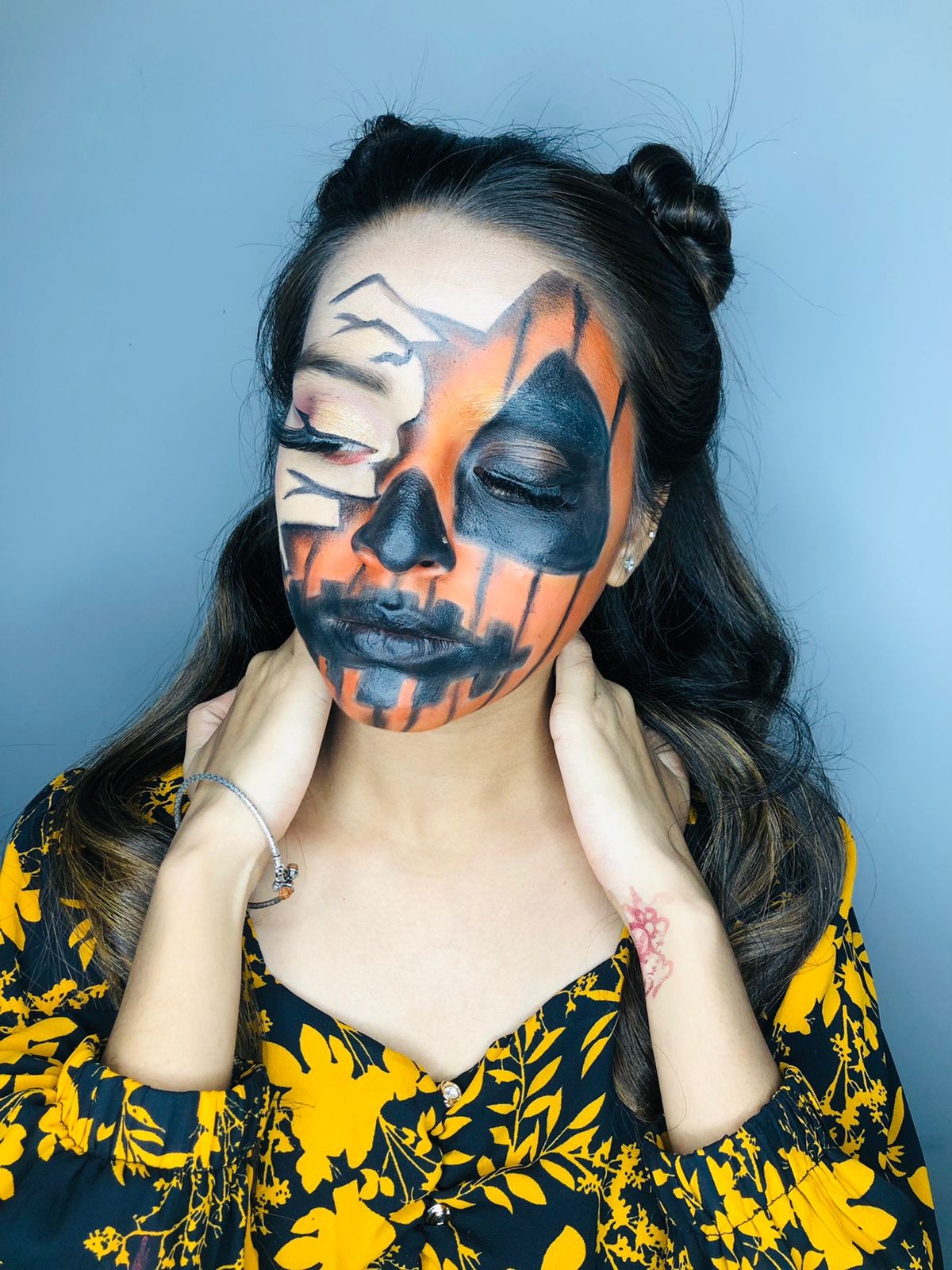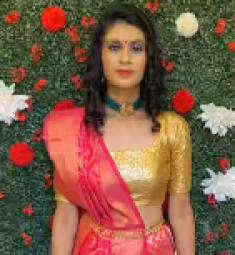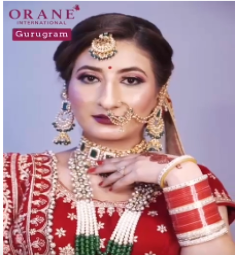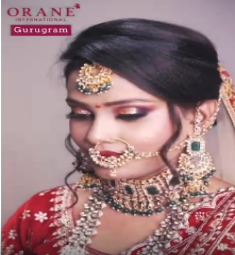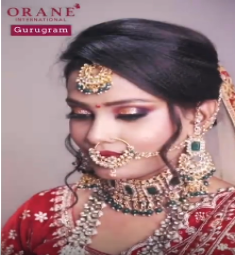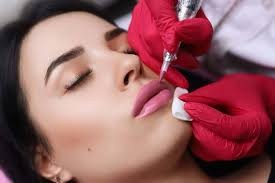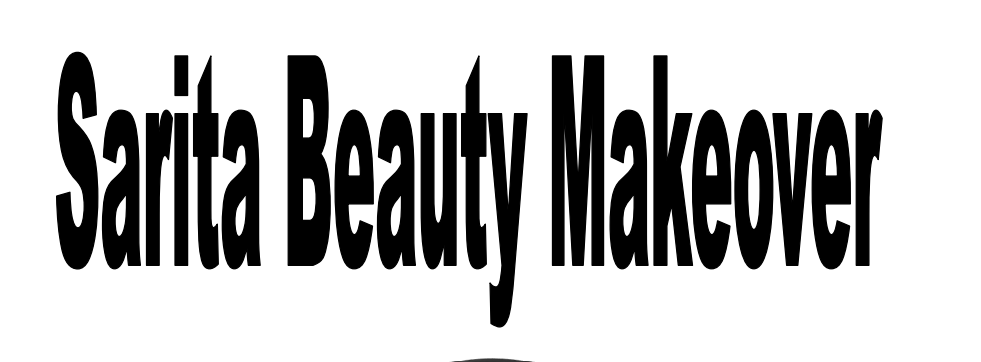
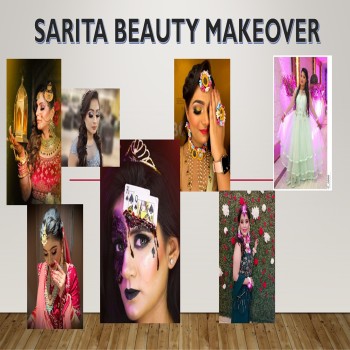
A makeup artist is a professional who uses cosmetics and other beauty products to enhance a person's appearance. The primary goal of a makeup artist is to accentuate the client's features, conceal imperfections, and create a desired look based on the client's preferences or the requirements of a specific project. Whether working in the fashion industry, film and television, bridal services, or other sectors, makeup artists possess a diverse set of skills and knowledge related to cosmetics and beauty techniques.
Here is a detailed description of a makeup artist's role and responsibilities:
1. **Client Consultation:** A makeup artist begins by consulting with clients to understand their preferences, needs, and the desired look. This may involve discussing the occasion, outfit, and any specific requests the client may have.
2. **Skin Analysis:** Makeup artists assess the client's skin type, tone, and texture to determine the most suitable products and techniques. They consider factors such as undertones, blemishes, and skin sensitivity.
3. **Product Selection:** Makeup artists select and use a variety of cosmetics, including foundation, concealer, eyeshadow, lipstick, and more. They choose products that complement the client's features and align with the desired outcome.
4. **Application Techniques:** Skilled in various makeup application techniques, makeup artists use brushes, sponges, and other tools to apply makeup seamlessly. They understand the principles of contouring, highlighting, and shading to enhance facial features.
5. **Trend Awareness:** Staying current with makeup trends, techniques, and product innovations is crucial for a makeup artist. This knowledge helps them offer clients the latest and most fashionable looks.
6. **Hygiene and Sanitation:** Makeup artists prioritize hygiene and sanitation to ensure the safety of their clients. They regularly clean and sanitize their tools and makeup products.
7. **Collaboration:** In certain industries, such as film and fashion, makeup artists collaborate with hairstylists, costume designers, and photographers to achieve a cohesive overall look. Effective communication and teamwork are essential.
8. **Adaptability:** Makeup artists should be adaptable and able to work in diverse environments. They may need to adjust their techniques based on different lighting conditions, settings, or client preferences.
9. **Time Management:** Meeting deadlines is crucial, especially in fast-paced environments like film sets or fashion shows. Makeup artists need to manage their time efficiently to ensure that clients are ready on schedule.
10. **Continuous Learning:** The beauty industry evolves, and makeup artists should engage in ongoing education to stay abreast of new trends, products, and techniques. This commitment to learning enhances their skills and keeps their work fresh and relevant.
11. **Professionalism:** Makeup artists must maintain a professional demeanor and uphold ethical standards. They should be approachable, attentive to clients' needs, and able to handle various personalities.
In summary, a makeup artist is a skilled professional who combines creativity with technical expertise to enhance the beauty of individuals in various settings. Whether creating a natural, everyday look or an avant-garde masterpiece, makeup artists play a crucial role in helping people look and feel their best.
